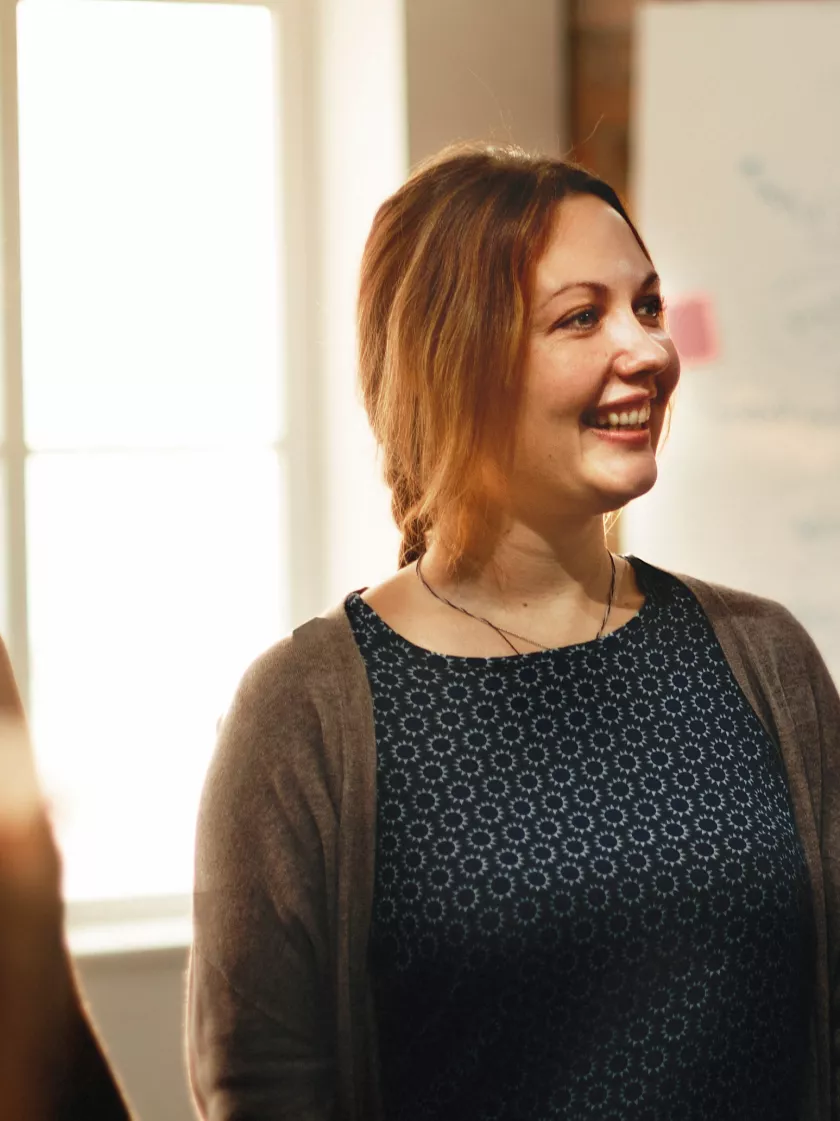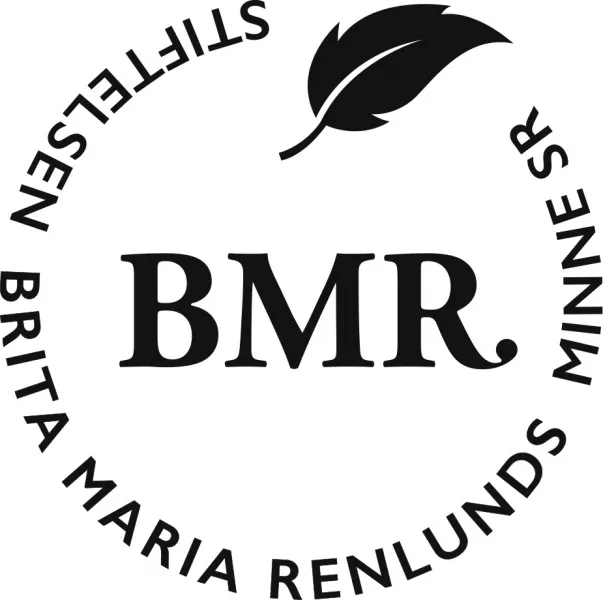
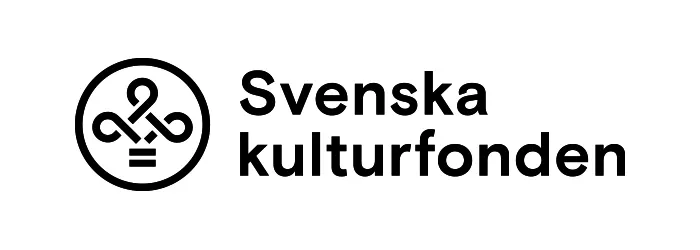
About the project
Nightingale Mentoring ProgrammeThe Nightingale Mentoring Programme, known as Näktergalen in Swedish, is a unique initiative designed to support children's development and strengthen their self-esteem through mentorship. Established in Malmö, Sweden, in 1997, the program pairs university students with children from diverse backgrounds, fostering personal growth and mutual understanding.
Mentors play a crucial role in promoting learning, offering guidance, and providing emotional support. Through regular activities and interactions, children gain new perspectives, visit universities, and receive encouragement to pursue higher education. For mentors, the programme offers an opportunity to develop valuable skills such as communication, leadership, and problem-solving, while experiencing the world through a child's eyes.
The Nightingale Mentoring Programme has expanded across Europe and beyond, creating a network of mentors and mentees who build bridges between communities and contribute to a more inclusive society.
Project goal
The aim of the mentoring programme is to increase vulnerable children's opportunities for a healthy and supportive leisure time. This is achieved by providing mentors who offer guidance and support.The mentoring programme aims to:
- Support children's development:
By providing mentors who are trained in responding to the needs of different children, children receive the necessary support to develop positively and gain new experiences and knowledge.
- Increase well-being and strengthen self-esteem:
The programme seeks to improve children's well-being and strengthen their self-esteem through continuous support and encouragement.
- Inspire them to study at university:
Children are given the opportunity to familiarize themselves with university activities and are inspired to study at university after primary school and increased school motivation.
- Provide social contacts and networks:
Children will have the opportunity to make new social contacts and build networks, which can be valuable for their future development.
The programme is designed as a low-threshold activity that can be initiated by different actors within the school, making it easily accessible to children who need special attention. The basic idea is mutual benefit for mentors and children.
The aim is for mentors to:
- be an adult role model in a close relationship with a child
- gain insight into a child's life (and family) and increase knowledge, understanding and empathy for people's different living conditions, as a complement in a higher education programme.
The expected outcomes are that children are supported for positive development by mentors who are trained to address their specific needs. Children gain new experiences and knowledge that contribute to their personal development. Children are inspired to consider higher education studies after primary school by familiarizing themselves with higher education activities. Children have the opportunity to make new social contacts and build networks that can be valuable in the future. Mentors gain insight into children's lives and increase their understanding and empathy for different living conditions, which complements their higher education.
UN's Sustainable Development Goals
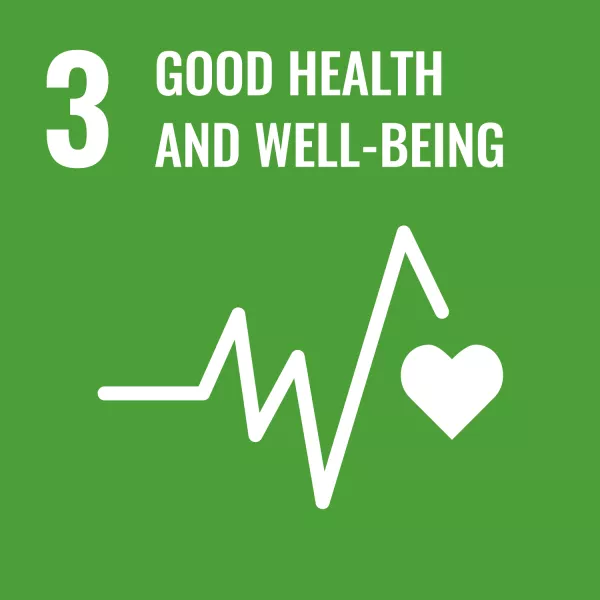
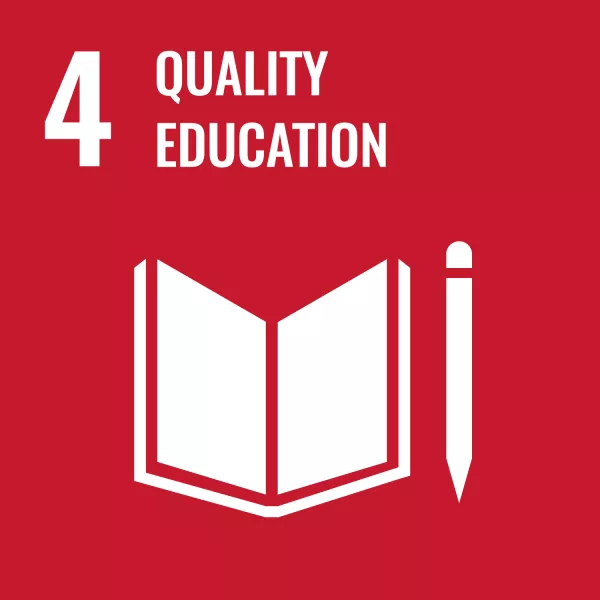
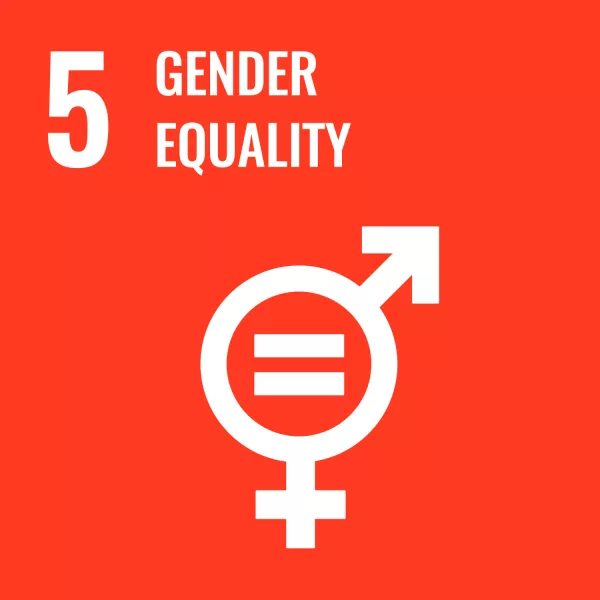
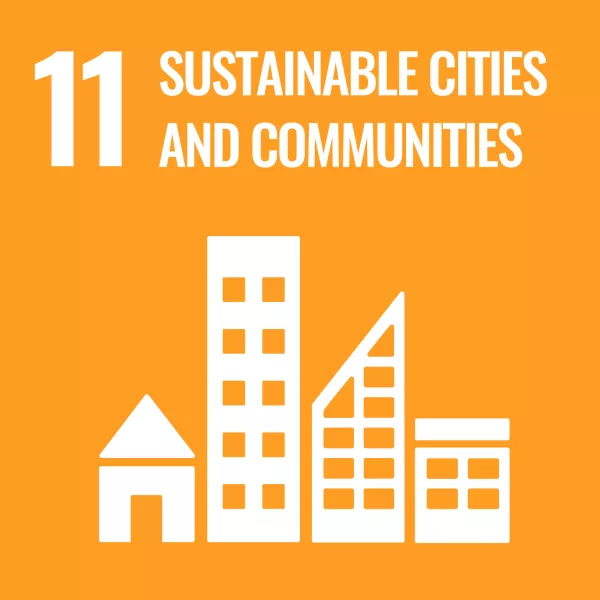

Nanette Westergård
Project Researcher
